COURSE OVERVIEW
DE0364 : Artificial Lift Methods (WSG)
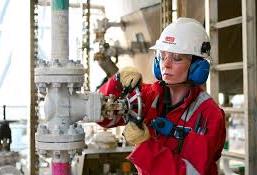
OVERVIEW
| COURSE TITLE | : | DE0364 : Artificial Lift Methods (WSG) |
| COURSE DATE | : | Jul 01 - Jul 04 2024 |
| DURATION | : | 4 Days |
| INSTRUCTOR | : | Mr. Victor Saran |
| VENUE | : | Istanbul, Turkey |
| COURSE FEE | : | $ 7250 |
| Request For Course | ||
Course Description
This practical and highly-interactive course includes various practical sessions and exercises. Theory learnt will be applied using our state-of-the-art simulator. Most of the world?s oil wells are placed on some kind of artificial lift, the most significant of which are sucker-rod pumping, gas lifting, and electrical submersible pumping. Production engineers are required to design and operate these installations at their peak efficiencies so as to reach a maximum of profit. To achieve this goal, a perfect understanding of the design of the different lift methods, as well as working skills in the ways ensuring optimum production condition is necessary. This course provides basic knowledge of Artificial Lift. Review of fluid properties, multiphase flow regimes and all lifting methods: rod pumps, progressive cavity pumps (PCP), gas lift and electrical submersible pumps (ESP), discussion of alternate deployments and multi-sensor applications for surveillance and optimization. Strategies and best practices for field production optimization are discussed. The effectiveness for NODAL systems analysis for lifting performance optimization is demonstrated. Workshop format with presentations, discussions and hands-on exercises.The course first provides an overview of well-performance evaluation leading to determination of well conditions necessitating application of artificial lift. The various types of artificial lift systems along with their selection criteria are then presented. The theoretical and practical aspects of the most important artificial lift methods will be covered, so that at the end of the course the participants will have a sound knowledge of the theory underlying each method as well as an abroad view of the relative advantages, disadvantages, niche of applications and limitations of each artificial lift system. The course integrates lectures with hands-on exercises. Participants of this course will work with software that allows them to design and analyze artificial lift designs, which will improve performance and results in higher production rates and/or reduced operating costs. Participants will also learn how to design and troubleshoot rod pumping, continuous gas lift and ESP systems. The course also covers other methods such as PCP, plunger lift, jet pump, hydraulic pump and intermittent gas lift. Participants are expected to gain experience in solving problems by hand and also by using advanced computer programs. Troubleshooting is an important part of artificial lift operations which will be illustrated in the course covering several typical surveillance problems to be solved.
TRAINING METHODOLOGY
This interactive training course includes the following training methodologies:
LecturesWorkshops & Work Presentations
Case Studies & Practical Exercises
Videos, Software & Simulators
In an unlikely event, the course instructor may modify the above training methodology for technical reasons.
VIRTUAL TRAINING (IF APPLICABLE)
If this course is delivered online as a Virtual Training, the following limitations will be applicable:
| Certificates | : | Only soft copy certificates will be issued |
| Training Materials | : | Only soft copy materials will be issued |
| Training Methodology | : | 80% theory, 20% practical |
| Training Program | : | 4 hours per day, from 09:30 to 13:30 |
RELATED COURSES
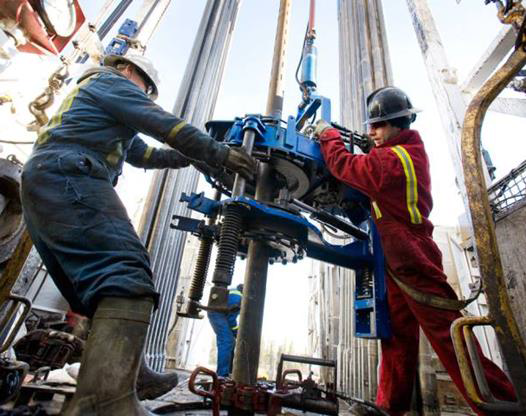
DE0171 : PTA/RTA Foundation
- Date: Feb 02 - Feb 06 / 3 Days
- Location: Doha, Qatar
- Course Details Register
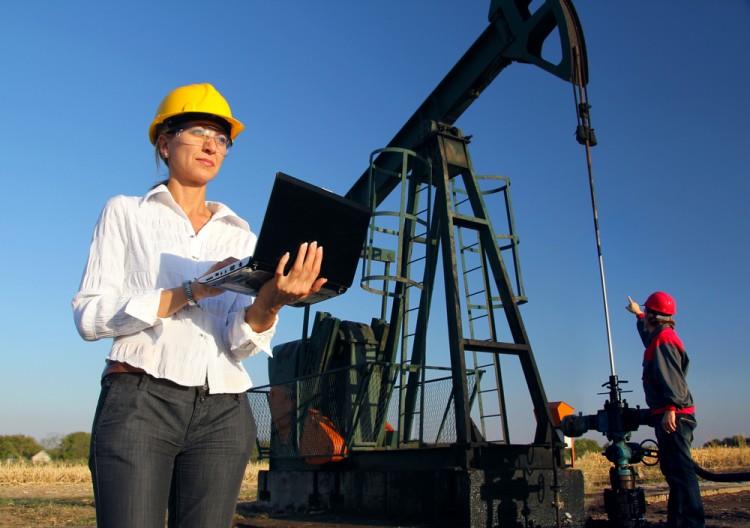
DE1056 : Petrel Workflow Editor & Uncertainty Analysis
- Date: Jan 26 - Jan 30 / 3 Days
- Location: Doha, Qatar
- Course Details Register
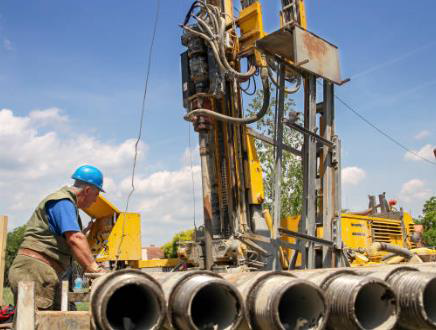
DE0766 : Advance Drilling Optimization for HPHT Wells
- Date: Feb 02 - Feb 06 / 3 Days
- Location: Doha, Qatar
- Course Details Register
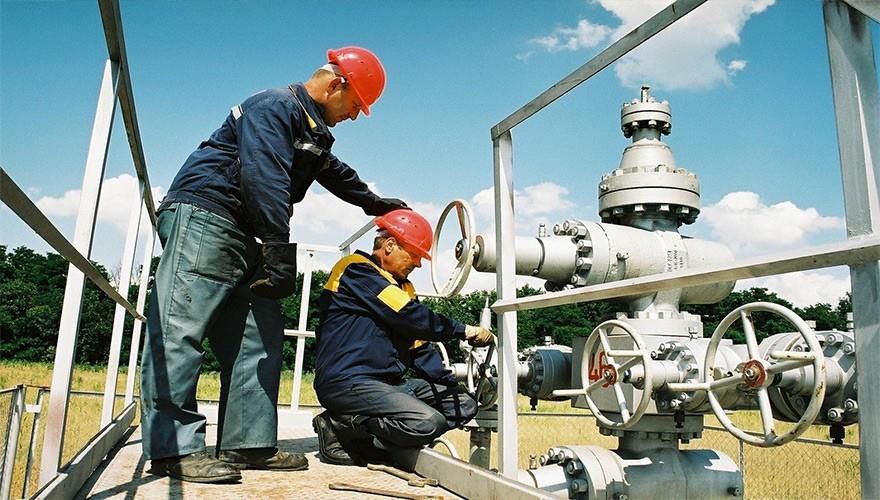
DE0448 : Drilling Problems and Drilling Optimization
- Date: Feb 02 - Feb 06 / 3 Days
- Location: Muscat, Oman
- Course Details Register
